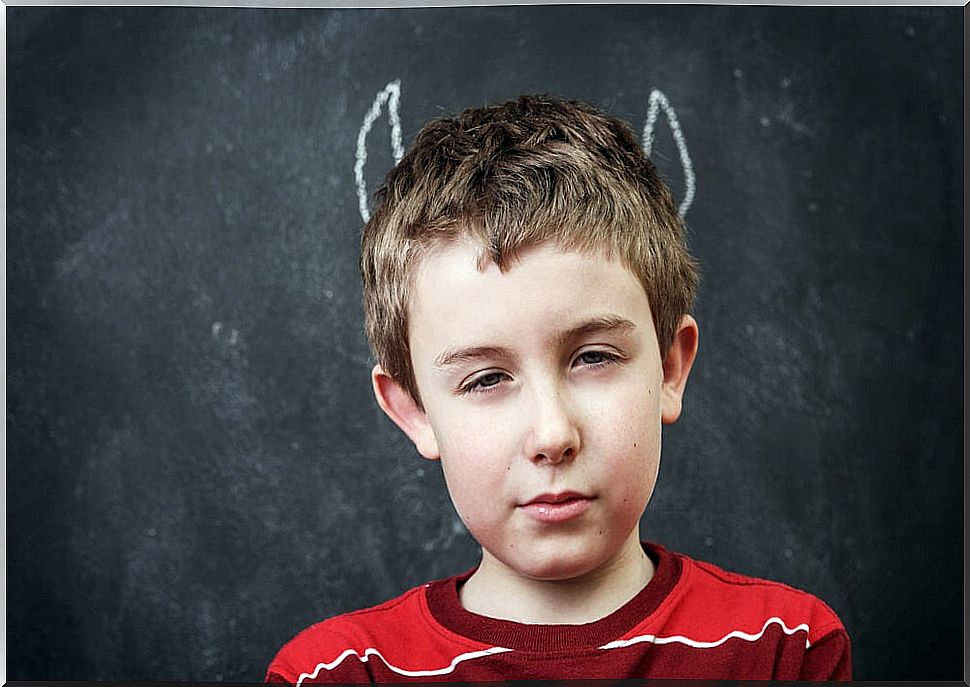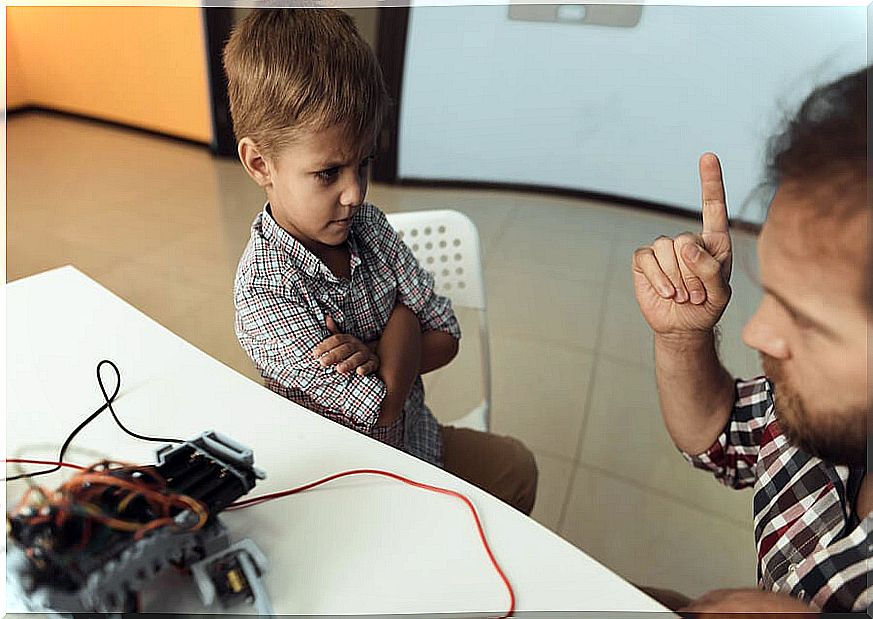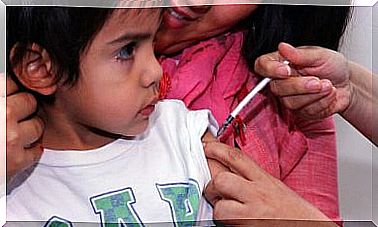How To Prevent Behavior Problems

Children are sweet and innocent beings that awaken our tenderness. However, we must not forget that they are in the process of discovering the world and themselves and, on occasions, they overflow, get confused or do not act in the best possible way. To accompany them in this process, we show you some guidelines to prevent behavior problems.
What are behavior problems?
Even the noblest child has moments when he is arguing or being aggressive or defiant. It is perfectly normal and healthy as you are learning to navigate the world and deal with your emotions.
Some of the most common behavior problems that we can find in children are:
- Answer in a disrespectful way.
- Lie
- He is often angry.
- Does not obey and shows resistance to authority.
- Is defiant, spiteful, or vindictive.
- Blames other people for matters that are their responsibility.

All of these behaviors are normal at certain times in their growth. Only if these persist over time, are serious or do not correspond to the developmental stage of the child, could they be considered a conduct or externalization disorder. In this case, the wisest thing to do would be to seek professional help to receive the proper treatment.
However, disruptive behaviors are often occasional and are motivated by understandable and easily solvable causes. It is necessary, then, to stop for a moment to think before classifying the behavior as a behavior problem.
Sometimes things as simple as being tired or hungry can be the cause. Overstimulation or its deficit can also lead the child to act “badly”, since he does not yet have the resources to regulate himself. Or, perhaps, it is simply that we have not clearly explained to the child what is the appropriate and expected behavior in that situation.
Be that as it may, we must never fail to keep in mind that children are energetic, curious and active, and we cannot ask them to act like miniature adults.
Keys to preventing behavior problems
By following some general guidelines from the beginning, it is possible to prevent behavior problems in our children.
Define clear rules
It is very important to communicate to the child what the situation he will encounter will be like, and what behavior is expected of him in that situation.
Also explain the consequences that will result from good and bad behavior, focusing, above all, on the natural consequences and not on imposed punishments. That is, if he goes to a hospital, explain that by screaming, he can wake up a sick person who needs to rest, rather than threatening him with punishment.
Always treat him with respect to prevent behavior problems
One mistake many parents make is believing that their children are their possessions. Never forget that your little one is a human being and deserves to be treated with respect and dignity. So, don’t yell at, insult or humiliate him. Instead, speak to him in a calm tone of voice, listen to his motives, and talk to him.
Always try to focus on appropriate behavior
Many times, without realizing it, we pay more attention to what the child does wrong than what he does right. We continually repeat your mistakes and withdraw our attention when you are calm and collected. Always try to highlight his strengths and achievements, and reward him with your attention as long as he acts correctly.

Keep calm
If you despair, raise your voice or lose control in the face of your child’s behavior, you will not achieve any benefit and, even, your bond may be damaged. Use a firm but calm tone to address him, thus being a role model yourself.
More action, less words
Many times we have the tendency to get caught up in speeches and explanations about why we are upset or angry about what the little one has done. This generally leads to an unsuccessful discussion. Instead, just apply the consequences previously agreed with the child, without getting angry or berating him. In short: act with love.
Successive approximations
Try not to focus only on achieving the final behavior and value every little step the child takes in the right direction. Even an effort on your part, even if it has not achieved what was expected, must be reinforced and taken into consideration.










